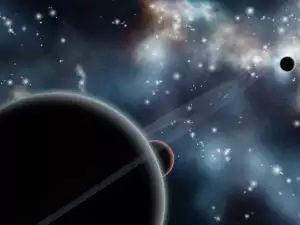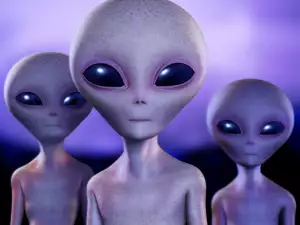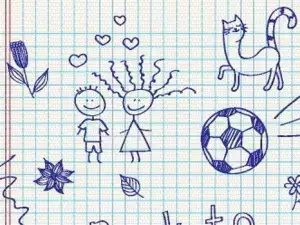Religion and science - 2 theories about life, explaining the existence of everything around us but using different methods and different principles. And it is these differences that spark arguments between them.
But could these contradictions not be that fundamental and could the seemingly dissimilar at first glance sides be looking at the exact same theory, explained in a different way?
The main reason why religion and science are so far apart from each other is their principle of seeking knowledge. In science they use facts that are proven by multiple experiments before they are considered a rule.
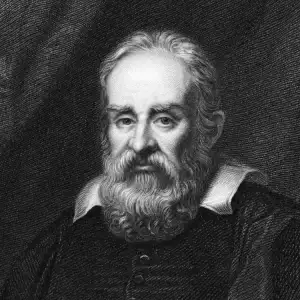
Religion is founded on faith. For religious persons, the words of the Bible are the revelations of life, which do not need experiments to be proven.
In a sense, religion tells us not to ask questions, not to doubt the scriptures, because by doubting, by looking for a different truth, we go against God and his plans.
Science, in contrast, encourages curiosity. It pushes the mind to ask questions, to be doubtful and subject every claim to check.
Religious people are convinced that everything we need to know about life is written in the Bible, requiring no discussion or analysis.
The argument for this is clearly expressed in the fable of Thomas the Apostle, where it says, "Blessed are they that have not seen, and yet have believed."
Scientific minds do exactly the opposite. They refuse to blindly believe and do not consider their need for proof as a sin or disrespect toward the church.
In the 17th century, these contrasting principles clashed in the first debate between religion and science, the question being: is the Earth round?
In the past, the Orthodox and Catholic churches have preached the idea that the Earth was flat and the center of the Universe, with all celestial objects spinning around it. Galileo Galilei had his doubts about this, giving rise to a new theory: that the Earth was round and orbited around the Sun.
With his death he gave birth to the scientific method. Nicolaus Copernicus and Giordano Bruno came up with new theories, while the church continued to punish the new claims about the shape of the Earth until the first sailors who sailed farther than ever before proved that the church was wrong.
Later, Newton, Brahe, Halley, Hutton and Kepler proved that objects in space moved according to natural laws, that comets and eclipses were cosmic events and not signs by God, that the Earth was much older than what the Bible claimed - that being 4000 BC.
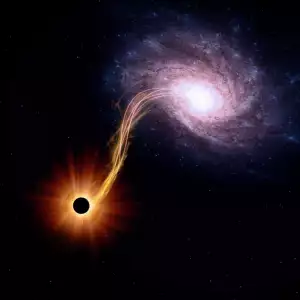
Darwin's theory about the origins of man argued against his being created by God, while Freud's work gave new understanding about the human soul.
Modern day religion continues to maintain its canons, denying the laws of physics, biology and psychology. Even though scientists continue to search for proofs, some of them, such as Einstein, Schure and recently Steven Hawking, admitted that they use information from religion.
No doubt, religion was the first to explain existence, while science used these details to add on to it and present them in a new way.
For some this clearly shows that the 2 theories are in strong symbiosis. And for example, while religion states that the world came to be with the divine words "Let there be light, " science has explained this force with the Big Bang.

